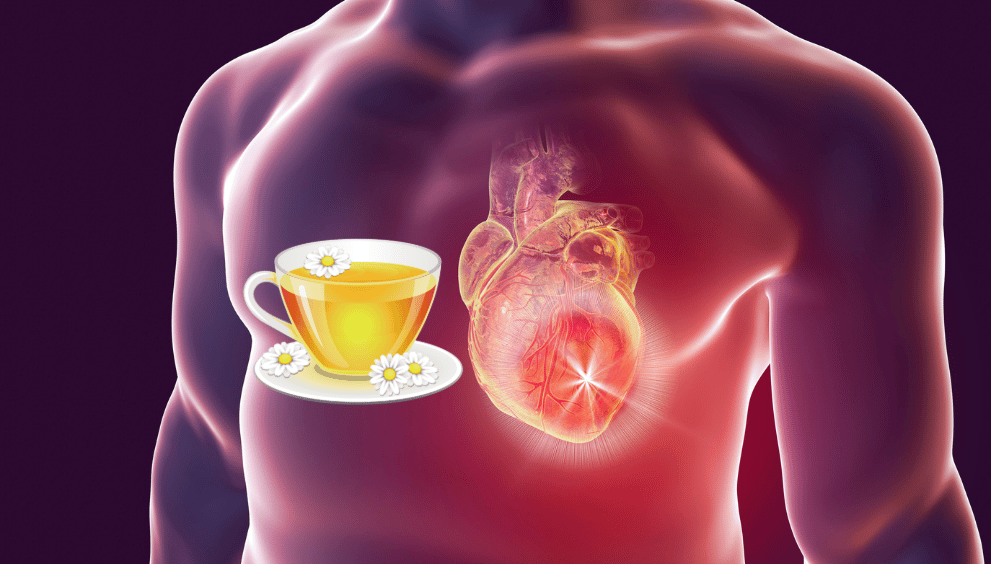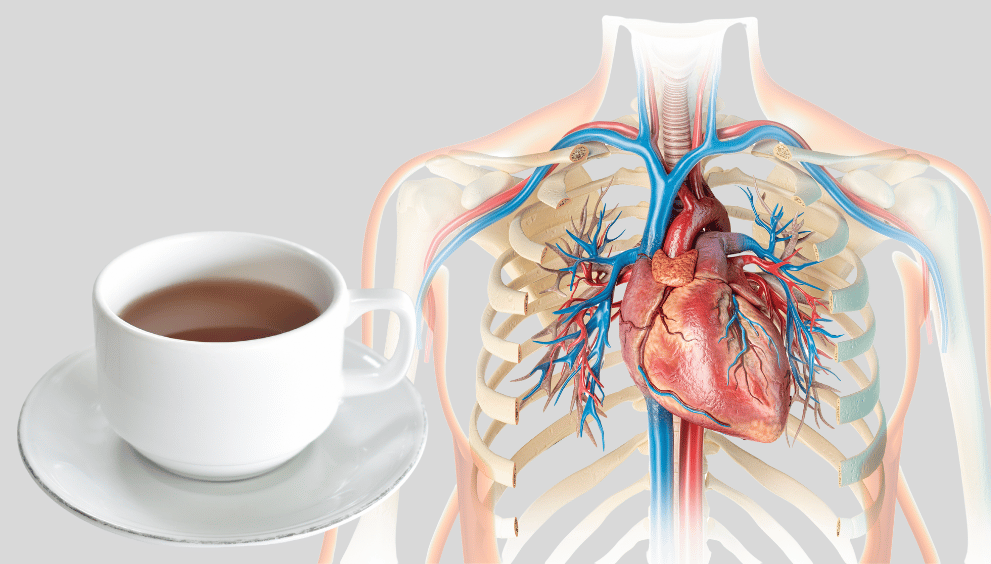Can Ginger Tea Reduce Weight? (Science-Backed Answer)

Can ginger tea help you lose weight? Discover the science-backed benefits, how it works, and the best ways to use it for natural fat-burning support. What the Science Says: Quick Answer is Yes, ginger tea may support weight loss—but it’s not a miracle drink. Research has shown that ginger contains potent compounds, such as gingerol and shogaol, which possess anti-inflammatory and thermogenic properties. These compounds may help boost metabolism, reduce appetite, and stabilize blood sugar—all of which can aid in weight control when paired with a healthy diet and regular physical activity.
“Yes—ginger tea can support weight loss, but it works best when combined with a healthy diet and regular exercise.”
How Ginger Tea May Support Weight Loss
1. Boosts Metabolism
One of the key ways ginger tea may aid in weight loss is by boosting metabolism. Active compounds like gingerol and shogaol stimulate thermogenesis—your body’s natural process of generating heat and burning calories. This mild increase in calorie expenditure may help support long-term fat loss.
A 2018 study published in Food Science & Nutrition found that participants who consumed ginger daily experienced an increase in metabolic rate and energy expenditure. While the effects are modest, they may add up when combined with a balanced diet and exercise routine.
2. Suppresses Appetite
Ginger tea may help regulate appetite, making it easier to reduce calorie intake naturally. Studies suggest that ginger can influence satiety-related hormones like leptin, which signals to your brain that you’re full.
By promoting a feeling of fullness, ginger tea can help curb cravings and reduce mindless snacking, especially between meals. This appetite-suppressing effect makes it a valuable addition to a weight loss routine that focuses on portion control and mindful eating.
3. Aids Digestion & Reduces Bloating
Ginger tea is widely known for its digestive benefits, which can indirectly support weight loss. It helps stimulate digestive enzymes, reduce indigestion, and ease discomfort caused by gas or bloating.
By improving gut health and accelerating digestion, ginger tea may contribute to a flatter stomach and a slimmer appearance, even without significant fat loss. Drinking it after meals can be especially helpful for reducing bloating and promoting regularity.
4. Reduces Inflammation & Blood Sugar Spikes
Chronic inflammation is often associated with weight gain, insulin resistance, and reduced fat metabolism. Ginger contains potent anti-inflammatory compounds, such as gingerol, which help combat this underlying issue.
In addition, ginger may help regulate blood sugar levels and improve insulin sensitivity, making it easier for the body to process carbohydrates efficiently rather than storing them as fat. By reducing blood sugar spikes, ginger tea can also lower cravings and support more stable energy levels throughout the day.
What the Research Says
Scientific studies support ginger’s role in weight management—but with realistic expectations.
A 2020 meta-analysis published in the Critical Reviews in Food Science and Nutrition reviewed 14 clinical trials and found that ginger supplementation significantly reduced body weight, waist-to-hip ratio, and insulin resistance compared to placebo groups. ReGingeray can be a helpful complementary therapy for weight loss, particularly when combined with lifestyle modifications.
According to the National Institutes of Health (NIH) and studies available on PubMed, ginger’s benefits come from its anti-inflammatory and thermogenic properties. However, it’s important to note that the effects are modest, not a miracle solution. Ginger tea should be part of a comprehensive approach that includes a balanced diet, regular physical activity, and effective stress management.
How to Use Ginger Tea for Weight Loss
When to Drink Ginger Tea for Weight Loss
Timing matters when using ginger tea to support your weight loss goals. For best results:
- Morning: Drinking ginger tea first thing in the morning may help boost metabolism and kickstart digestion for the day.
- Before meals: Drinking a cup 20–30 minutes before meals can help curb appetite and reduce overall calorie intake.
However, it’s best to avoid ginger tea late at night, as it can be mildly stimulating for some people and may interfere with sleep.
How Much Ginger Tea to Drink
For most people, 1–2 cups of ginger tea per day is safe and effective for supporting weight loss. This amount is sufficient to provide benefits without causing side effects such as heartburn or stomach upset.
You can brew it using:
- Fresh ginger root (about 1–2 teaspoons, sliced or grated), steeped in hot water for 5–10 minutes
- Or use high-quality ginger tea bags with no added sugars or artificial flavours
Always start with a smaller dose to see how your body reacts, and consult your doctor if you have any underlying health conditions or are taking medications.
Simple Ginger Tea Recipe

For more potent effects, use fresh ginger over dried. Drink 1–2 times daily for best results.
Would you also like a printable recipe card or infographic for this?
Potential Side Effects & Safety Guide
Possible Side Effects:
- Heartburn/acid reflux (especially with >4g of ginger daily)
- Mild diarrhoea (in sensitive individuals)
- Lowered blood pressure (caution if already hypotensive)
Who Should Avoid or Consult a Doctor:
- Blood Thinner Users (Warfarin, aspirin, etc.)
- Ginger may increase the risk of bleeding (Journal of Prosthodontics, 2021).
- Gallbladder Disease Patients
- Stimulates bile production, which may cause pain during attacks.
- Pregnant Women
- Limited to ≤1g/day in 1st trimester (Obstetrics & Gynecology, 2019). Avoid in late pregnancy (may affect fetal hormones).
- Pre-Surgery Patients
- Discontinue 2 weeks before procedures (bleeding risk).
Safer Alternatives for These Groups:
- For digestion: Try chamomile or fennel tea.
- For inflammation: Turmeric tea (if not on blood thinners)
<span style=”font-size: 14pt; font-family: arial, helvetica, sans-serif;” dat




